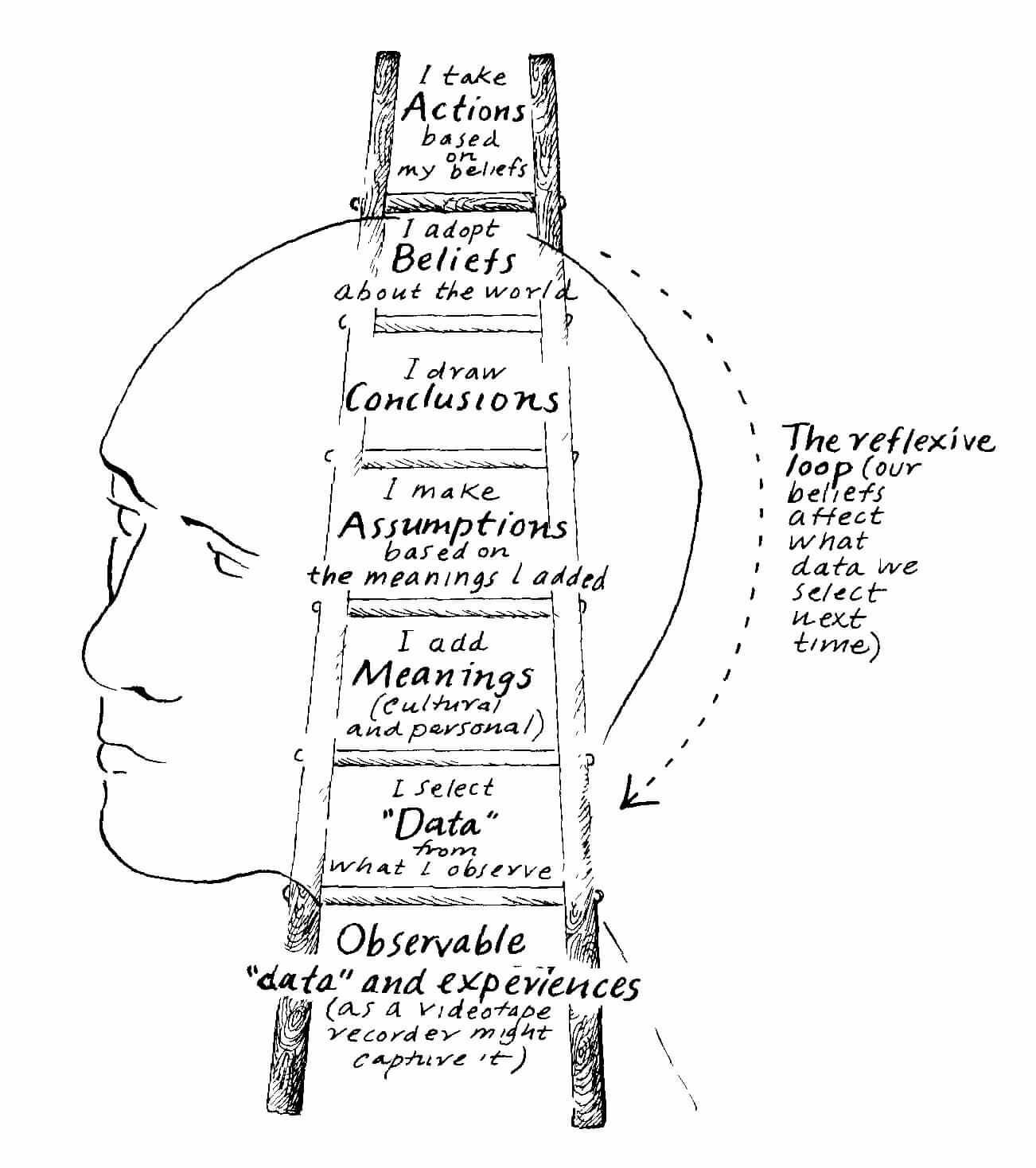This is a tricky process on many levels. Firstly the word 'deliberate'! I think that often in education the world around us shifts and changes daily at such a rate that it can be hard to say that an act was totally 'deliberate' as this implies far more time to reflect than we often have available in our leadership roles. In many cases it is more a case of making a choice based on needs that can be long term and equally can be based on a sudden need arising for my school, students or teachers. Secondly, by identifying my deliberate acts..it goes totally against the grain of my English 'stiff upper lip, no bragging' upbringing! So it is quite hard to state...yes I did this well...much easier to confidently state a list of things I need to work on!
But for the sake of building my own reflective abilities I am going to practice stating clearly and confidently ( without too much self mocking!) my deliberate acts of leadership:)
Here we go..
Developed ( in collaboration with staff)
- Student Speak Literacy progressions for Reading and Writing and built teacher capabilities to use these in class as part of students daily reflective language of learning
- School wide Writing process which is being used currently and undergoing a process of adaptation for different year levels so the students and teachers own this.
- MBS maths planning, teaching and learning web site to allow for clearer understanding of how maths is taught for parents, as a planning tool for overworked teachers and importantly to allow individualized education for students MBS Maths
- An agreed set of evidence that will be collected by MBS teachers in order to inform the process of making a reliable and valid Overall teacher Judgement
- A deeper understanding of Teaching as Inquiry with my teachers and a development plan for building this capability over the next year
Researched areas required for PLD and ran staff meetings in
- Moderation- what this means, why it's important and what it means for us as a school: This need arose out of the analysis of the mid year data and was identified a a need by both leadership and staff
- Moderation in the 3 standards areas, how we collect and use the evidence in order to inform us on our students progress against the standards
- Reading- the importance of modelling books as a record of learning and teaching and how these form a key part of our evidence
- ALiM and ALL- disseminating the knowledge gained from our teachers leading this and from the inquiry teams in order to support development of best practice across the school and to build the capabilities of our two lead teachers in their roles.
Built teacher capabilities and collaboration in the following school wide areas-
- Analysing the school wide data prior to presentation to our BoT in order to gain insights from our teachers on what the trends in data show. Thereby leading to a clearer understanding for all stakeholders on what the needs of our school are. This will lead to our board being able to set a realistic budget, aligned with the strategic plan and importantly the actual needs of our teachers with regard to the context of their students and their own PLD needs in order to create success for all
- Using teachers expert knowledge of their learners to inform class lists for 2015- this was done in a very long and heated ( you could clearly see how passionately teachers care about their students education) staff meeting with chart paper and all pupils names cut u ready for teachers to create classes with the best mix of learners
Liaised with our BoT in order to -
- Give them a clearer understanding of what lies behind the data they get presented. This clarity for the board will hopefully create better understanding of what is actually required in order to create the environment that will lead to the achievement of the strategic plan goals and allow more realism of expectations
- Create and continually update an action plan of what is happening within our school in order to meet our strategic goals, especially in student achievement
- Support the board to make a jump into using google in order to allow more collaboration and streamline the systems with an existing school system tool
Organised and ran school wide events -
- NZ Fact-a-thon- teachers created questions for each year level and students where sponsored to learn these. The money raised will go towards refitting our audio systems in the hall
- School Production- Our amazing dance teacher was the creative force behind this and I got the joy of the behind the scenes organisation ( staging, lighting, stands, tickets, PTA programs, timelines etc). It was hugely successful and a testimony to how well MBS values the creative arts
- Junior poetry competition and senior speech competitions
Reflected continually on challenging situations and how to best resolve these for all parties using skills that involved..
- Building my ability to use the ladder of inference in order to remove my personal gut response to situations and try to find a way to support the parties involved to come to a solution that worked for them
- Using open to learning conversations in order to coach colleagues and help them to identify how to resolve a situation or develop their ability to reflect on their practice
- Repressed personal aims and feelings in order to build stronger working relationships with colleagues
- Always try hard to reflect on how other people perceive a situation in order to support their progress and ensure I am putting in the required scaffolds of support to enable them to meet their goals
Ok that has made a start....now for the list of things I need to work on.....only joking.....there isn't enough room:)


